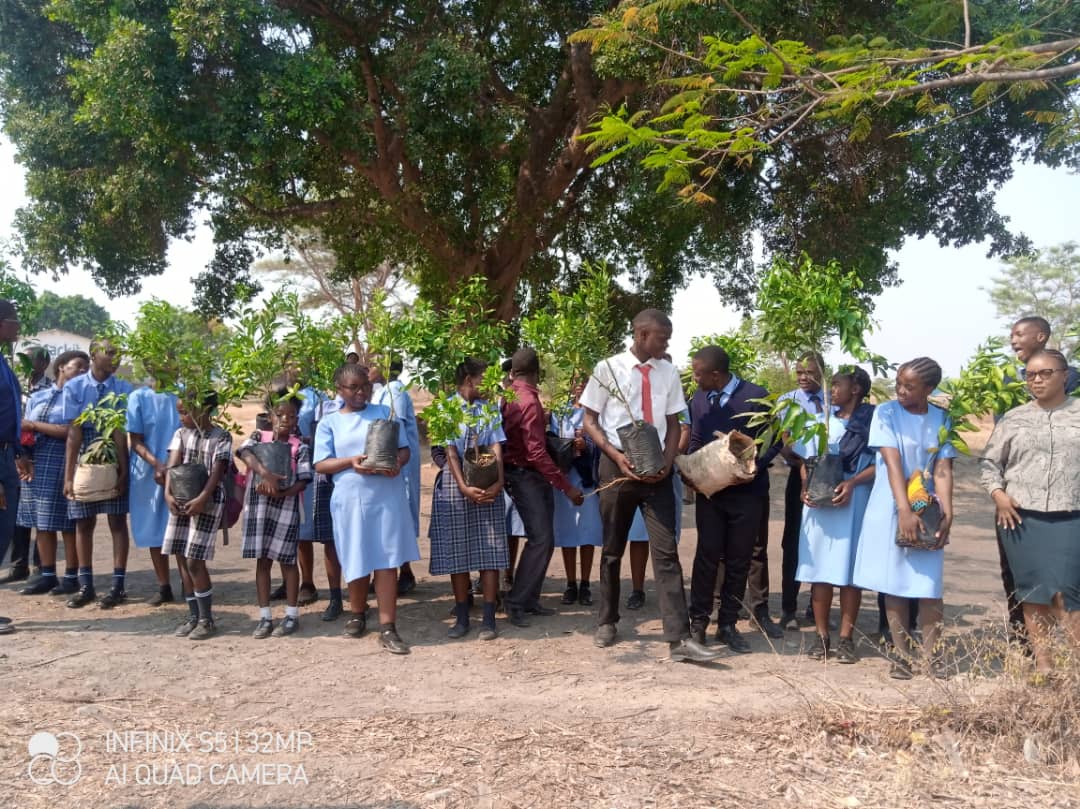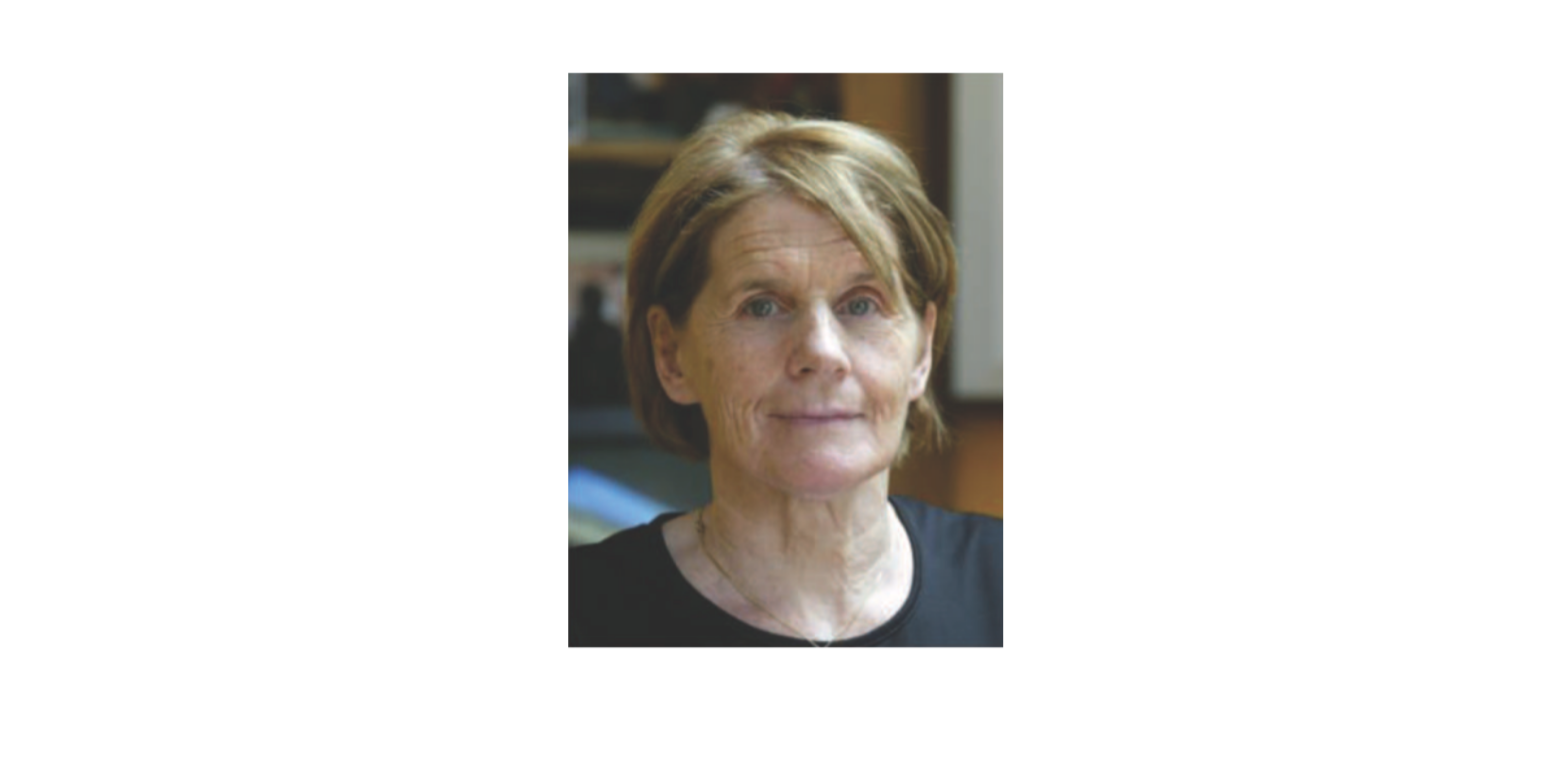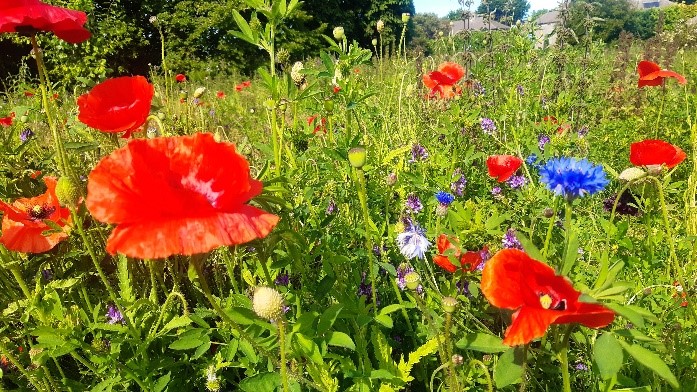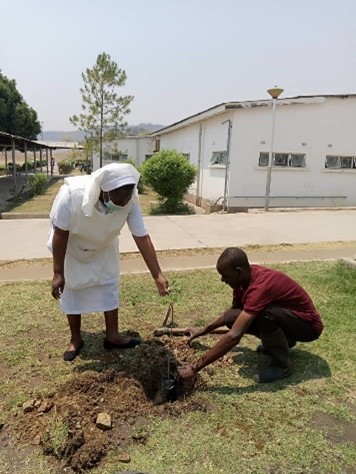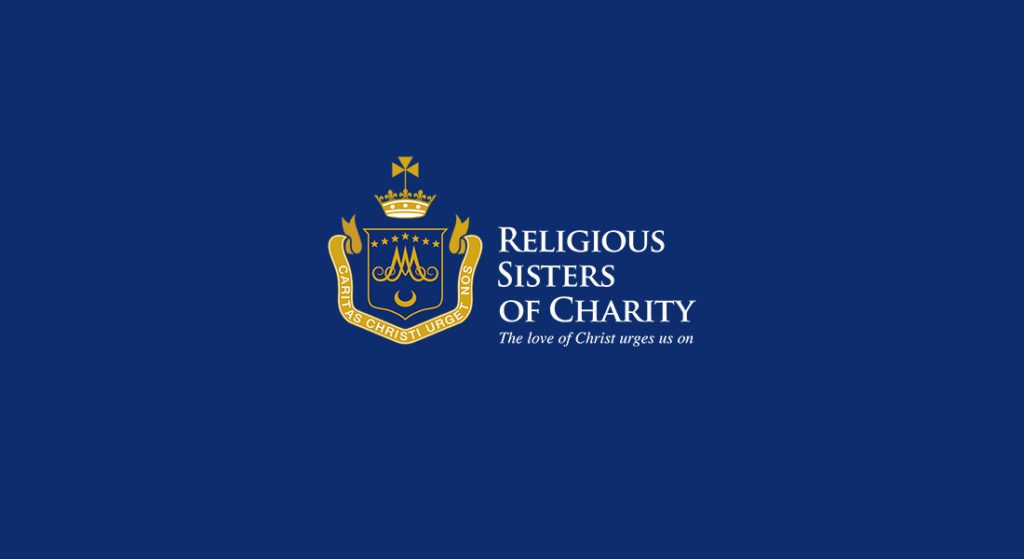
Human trafficking in Nigeria is an issue that is still being tackled by the National Agency for the Prohibition of Trafficking in Persons (NAPTIP), NGOs and Religious bodies in which Religious Sisters of Charity are involved. Nigeria, due to her vast nature and dense population has problems of bad governance, corruption, unemployment, poverty and terrorism. Frequent conflict between herdsmen and farmers has taken many lives and destroyed properties. As a result, the situation has aided the continuous trafficking of women, men and children. Traffickers and their agents are also deceiving and luring away the Internally Displaced Persons (IDPs) from their camps and many have fallen victims to human trafficking.
Despite the ongoing awareness and sensitization campaigns, it seems human trafficking is still on the increase. As a Region, we continue to network and collaborate with other agencies in the campaign against human trafficking both in the rural areas of the Niger Delta and the urban areas of Ibadan and Lagos. Sr. Justina Nelson took the awareness campaign to the Correctional Service Centres in Lagos. The awareness and campaign targets both the staff and female students to equip them with information regarding human trafficking to avoid falling victim after their release. Some of the female students are victims of human trafficking while a few of them are convicted traffickers. Sr. Justina also had sessions with Training College Students and their staff. These activities were carried out in collaboration with NAPTIP.
The awareness program was demonstrated in Kirikiri market in Lagos. The awareness targeted the traders at the market and it was done on the market environmental sanitation day. The awareness was also taken to the Churches and the Schools including St. Anne’s Centre for Women and Youth Development in Satellite Town Lagos.
At the peak of combating human trafficking lies rescue of the victims in which three girls were freed namely Jovi, Ruth and Victory (not real names) aged 12, 16 and 20 years. Surprisingly, two of the three girls are siblings while the 12 year old is a friend of the two and from a home without parental figures. They were promised a dancing job in Dubai but later landed in Ghana in a forest called Dollar Power, three hours journey across a river from Accra where they were sexually exploited. They lived in tents without mattresses or blankets.
Ruth the 12 year old girl was a few months old when her mother left her and her three sisters with their Dad and took off. Their Dad left them with his sister and later got involved with armed robbery and had been in prison at Ibadan awaiting a trial date. Their aunt wasn’t able to look after them. Ruth’s case was worse because she was rescued and later re-trafficked, made to take an oath while in Ghana and the madam forcefully made tattoos on her body. She attempted several times to escape but was caught, chained and tortured. With the assistance of Religious Sisters of Charity, Talita Kum and other individuals, Ruth was eventually rescued and brought back to Nigeria by NAPTIP officers and was later reunited with her family. So also Jovi and Victory were rescued and reunited with their families.
We also welcomed two voluntary returnees from Ghana and Dubai, Ebere and Faith (not their real names). They were referred to Bahkita Villa, a shelter for rehabilitation and reintegration managed by the Sisters of St. Louis. Ebere was anemic and malnourished and arrived eight months pregnant, though she didn’t know. She ran away from her madam at Dollar Power in Ghana after paying a debt of N600,000 for an original sum of N90,000 thousand. She was accommodated in the convent for two days and underwent medical screening and antenatal care. She was later referred to NAPTIP who took her into their shelter for a week. She insisted on going home despite her health challenges. She was reunited with her grandparents and eventually gave birth to a baby girl and they are doing well.
In recent months, we have increased our networking with Talita Kum, National Conference of Women Religious, Sisters of St. Louis and have been able to assist at different capacities. On the 8th February, feast of St. Bahkita Sr. Micheline O’Donnell RSC and Sr. Gloria Ozuluoke RSC joined other Religious Women in rally on the street of Benin City, Edo State in Nigeria to mark the International Day of Human Trafficking Awareness organized by Committee for the Support of the Dignity of Women (COSUDOW). On the same day, Sr. Justina Nelson RSC also participated in a press conference organized by the Catholic Archdiocese of Lagos to mark the International Day of Human Trafficking. Awareness was created during the evening Mass at Holy Family Catholic Church, Festac in collaboration with Justice Development and Peace Commission of the Parish.
Also on 26th and 27th February 2020, Sr. Micheline O’Donnell RSC, Sr. Justina Nelson RSC and Sr. Gloria Ozuluoke RSC took part in an International Conference organized by an Italian Group of legal practitioners working in the area of anti-human trafficking. This was to raise awareness of Europe’s externalization of their borders and the impact that it has on trafficked people and migrants in general. Speakers were expert drawn from Italy, Senegal, Nigeria, Niger, Ireland and also included two survivors. The program was very informative. The Nigerian phenomenon of re-trafficking of women was addressed. We continue to explore more possible and effective ways of carrying out the awareness campaigns in collaboration and networking with other NGOs and Religious bodies because the work is enormous.
It is quite unfortunate to note that human trafficking still thrives despite the massive ongoing awareness and campaign in Nigeria. Edo State the center of the problem of human trafficking has set up a task force to combat trafficking and they have been instrumental in convicting many ‘’Madams’’. The human traffickers are devising new strategies and moving to other areas where people are less aware of their activities. The traffickers have moved down to neighboring Delta State. Disappointingly, some women who are aware of the problem fall victim because they thought they could work as prostitutes and make money. On the contrary, they were enslaved, exploited and even killed in the process. This calls for continuous and conscientious efforts to investigate the new strategy employed by the traffickers and to adopt more effective approach in combating the crime.
Sr. Justina Nelson RSC


